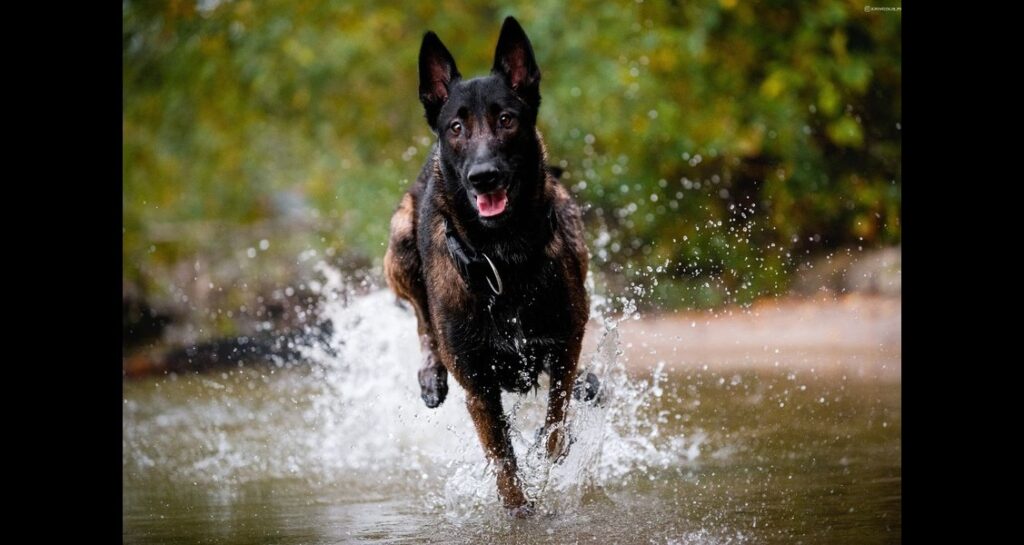Balancing a dog’s training is as important as training itself. When pushed too hard, a dog can exhibit signs of distress, fatigue, and even long-term health issues. It’s essential to recognize the signs your training regimen is too much for your dog so that you can adjust accordingly and ensure their well-being.
Excessive Fatigue and Lack of Energy
When your dog is unwilling to engage in routine activities or seems excessively tired, it could indicate overtraining. A tired dog might struggle to keep up during exercises they usually enjoy or lie down during sessions. This lack of energy is a clear signal that their body needs rest, not more drills.
Physical Discomfort or Visible Injuries
Frequent limping, sore muscles, or an aversion to touch are clear warning signs. Such physical discomfort often points to overuse or even minor injuries caused by overtraining. Proper recovery time and periodic checkups can prevent this from escalating into severe problems.
Behavioral Changes and Irritability
Is your typically friendly dog snapping, growling, or avoiding interaction? Overtraining can lead to irritability and frustration. Dogs may also start acting out negatively during or after sessions if they feel overwhelmed. Changes in behavior are often your dog’s way of signaling that they need a break.
Lack of Motivation During Training
A drop in enthusiasm for training activities they once enjoyed is another sign of burnout. Your dog might seem distracted or refuse commands they normally obey. This could be from mental fatigue, which is just as critical as physical exhaustion.
Overheating or Trouble Breathing
Watch for excessive panting, drooling, or signs of overheating, especially in warm weather or while using heavy equipment. For example, one of the features of a good tactical K9 vest is breathability; without this, the vest can make a training session even harder on the dog’s body. Consider how any accessories weigh down your dog or compress its body. Proper ventilation and lightweight gear are crucial during high-energy activities.
Ensuring a Healthy Training Balance
Your dog relies on you to set the right pace. Recognizing the signs your training regimen is too much for your dog helps you protect their physical and emotional health. Pay attention to their energy levels, behavior, and overall comfort during sessions. Feel free to introduce rest days, lighter exercises, or playful breaks instead of rigorous tasks. A happy, healthy dog will always be a more engaged and effective training partner.
